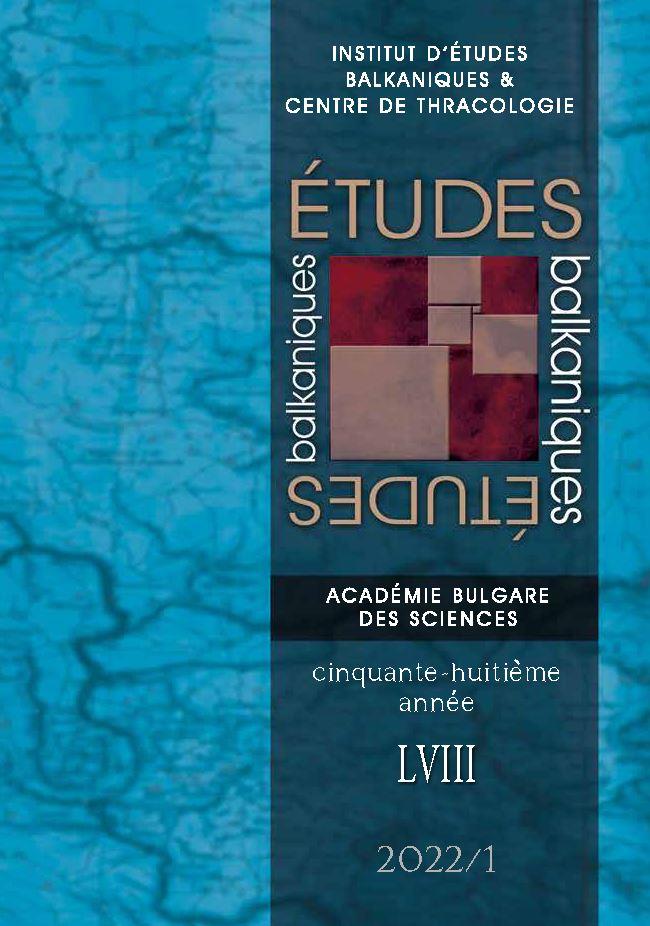THE ELEPHANT IN AN EARLY CHRISTIAN TEXT. SEMANTIC AND LINGUISTIC CHANGES
THE ELEPHANT IN AN EARLY CHRISTIAN TEXT. SEMANTIC AND LINGUISTIC CHANGES
Author(s): Marta IvaylovaSubject(s): Christian Theology and Religion, History, Language and Literature Studies, Cultural history, History of ideas, Ancient World, Theology and Religion, Philology, History of Religion
Published by: Институт за балканистика с Център по тракология - Българска академия на науките
Keywords: Physiologus; elephant; Greek; Latin; translation;
Summary/Abstract: In the minds of the people of the East, the elephant has always embodied positive qualities – wisdom, longevity, memory and strength. But in other cultures, where the elephant was unknown, stories arise that present him as a strange creature with fictional properties. Thus, it is presented in The Physiologus (ὁ Φυσιολόγος), the early Christian book on animals. Along with the stories of other legendary and fabulous creatures, The Physiologus contains a short narrative about the elephant, which is also described as a beast with fantastic properties. Observations on the text and its language reveal that in the development of its written tradition, as well as in its translation into Latin, a number of semantic and linguistic changes took place, most often related to its adaptation for the needs of early Christian preaching.
Journal: Études balkaniques
- Issue Year: 2022
- Issue No: 1
- Page Range: 95-112
- Page Count: 18
- Language: English
- Content File-PDF

